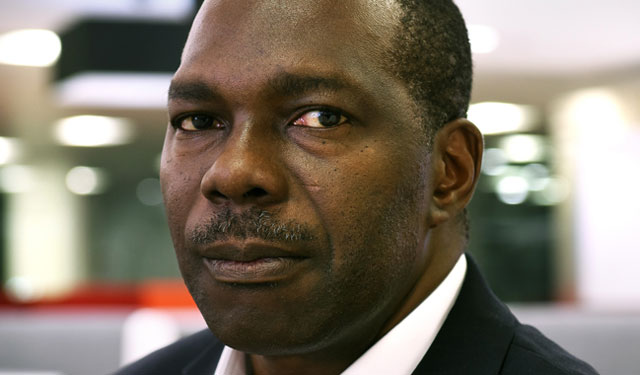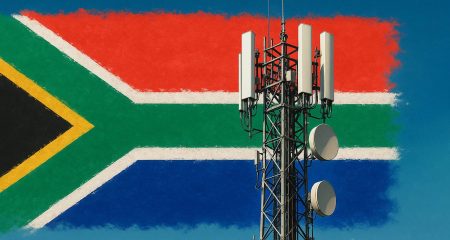
The South African government should not get involved in the high-speed mobile broadband spectrum market, warned an international body.
“We don’t want a new monopoly. We’ve had bad experiences in South Africa and across the continent with monopoly provision of services — any service,” said Mortimer Hope, director of spectrum and public policy for Africa at the GSMA, a mobile industry grouping.
South Africa is heading towards a policy revision that should see a white paper produced by March 2016. This is expected to map the way forward for key spectrum earmarked as ideal for high-speed mobile broadband services.
The policy revision is necessary to account for the speed of technological change that resulted in analogue TV broadcasters occupying the key 800MHz frequency band.
“Because there are such rapid changes, policies and laws have to be regularly reviewed in order to set up the framework across the ICT sector. Most of the policies, laws and regulations under review date as far back as the 1990s,” telecommunications & postal services minister Siyabonga Cwele recently told a parliamentary committee.
But while the policy has been in the discussion phase since 2008, implementation has stalled.
“The South African government started the consultation on digital migration some time back. There were several deadlines that were set and we missed them for various reasons,” said Hope.
Policy to roll out high-speed mobile broadband is central to the government’s self-imposed deadline of 2020 for universal broadband, though Cwele conceded that there would be challenges.
“Also in the developed world they face this challenge of universal access. We, coming from an apartheid colonial past, have to ensure that all South Africans have universal and equal access to communication infrastructure and services.”
Some in government have argued that the most effective way to roll out mobile spectrum is to have a centrally managed warehouse.
The former department of communications proposed a spectrum management agency in an amendment to the Electronic Communications Act that would specifically grant the minister control of mobile broadband spectrum rather than the regulator.
The South African mobile industry and international bodies expressed objections to the policy change, which Kenya had also briefly considered.
Hope argued that the GSMA was more interested in the granting of open licences than the process.
“As the GSMA, our main concern is the end result. After digital migration we’ll have the digital dividend and we’re interested in getting that licence as soon as possible.”
The organisation has had ongoing discussions with the government, he added.
“We have interacted with the government in terms of what should be done post migration.”
Despite national obligations of coverage, many parts of SA are underserved in terms of mobile access, and Hope conceded this could be the rationale for a spectrum management agency.
“If the issue is that there isn’t sufficient coverage or there are certain areas that are not covered, then there are certain measures that can be used to achieve that objective.”
But he argued that specific coverage obligations or subsidy tools could be used to encourage operators to deliver 4G services on a national level.
“Only as a last resort we think government should get involved in actually building the networks in those underserved areas,” said Hope. — Fin24




